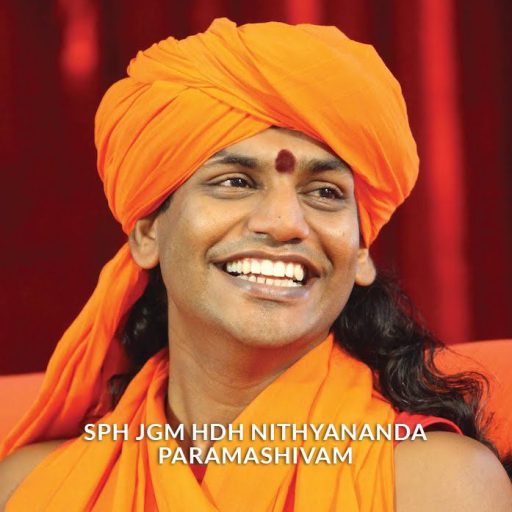We have two levels of consciousness and two levels of thoughts.
In the waking state you have ‘I’ consciousness and thoughts, conscious state, called jagrat in Sanskrit.
In dreams you have thoughts but no ‘I’ consciousness. The frequency of thoughts is more than the frequency of ‘I’ consciousness. That is why in the dream state, called swapna in Sanskrit, you cannot control your dreams. The dreams will happen as they want. But in the waking state, you can control your thoughts.
In deep sleep you have neither ‘I’ consciousness nor thoughts, unconscious state, called sushupti in Sanskrit.
There is a fourth state which you have never experienced, what I call intuition or meditation. In this state, you have ‘I’ consciousness but no thoughts. There is no term in the domain of psychology to describe this state. In Sanskrit this state is called turiya. This is what I call meditation or intuition or thoughtless awareness. This state is also called the state of samadhi. If you can experience this zone, this fourth state, you can experience the consciousness, what I call beyond intellect. It is the state where there is bliss or peace or intuition.
The practical use of this fourth state is it can give you so much of creativity, courage and confidence, you can decide spontaneously. The ability to take spontaneous decisions is what I call responsibility. The more you are able to decide spontaneously, the more you become responsible.
There are so many situations where you cannot work with just data. First of all, data will not be available, or very little data will be available. There will be no precedence like decisions taken by your elders etc. So in these type of situations, you need something more than what you call intellect, you need something beyond just your data. You need what I call the ‘thoughtless awareness’. If you experience just a glimpse, not only in your life at office or at the corporate level, even in your relationships, it can totally transform you. There are so many other benefits when this state is experienced. You will see tremendous improvement in your relationships at all levels, in the organization and in your personal life.
Relationship failures happen because of our unconscious mind. The unconscious mind is sometimes also called the reactive mind. In the reactive mind we are always collecting arguments and then passing judgments on some person or a particular incident. You decide he or she is wrong, then you go around collecting some arguments to support your judgment. It means you are only working at the instinct level.
Guilt is the gift from the unconsciousness or the unconscious decision-making.
Sometimes instinct and intuition look the same. People ask me how to differentiate. In intuition, you will be tremendously energetic and alive. With instinct, you will feel tremendously drained. Whenever you use your intellect and feel drained, be very clear you are working at the instinct level. Many times, when you work from anger and other emotions, you just decide instinctively, then you understand and think: why did I do this? Then you feel guilt. Guilt is the gift from the unconsciousness or the unconscious decision-making.
Being a true leader is to be able to function from the plane of intuition rather than logic, to have complete clarity in decision-making, and thus to make decisions and execute efficiently, accurately and in a stress-free manner.
If we can experience this fourth state what I call turiya, surely we will be able to harness the energy, which is in our being, what I call intuition. This fourth state was not explored by the modern Freudian system of psychology. But this fourth state of turiya or samadhi where there is thoughtless awareness is the space where intuition and intelligence is expressed. It is an untapped state in most people and organizations. Those who can consciously tap this state can get tremendous personal and organizational benefits.
In conclusion, being a true leader is to be able to function from the plane of intuition rather than logic, to have complete clarity in decision-making, and thus to make decisions and execute efficiently, accurately and in a stress-free manner.
source: Living Enlightenment


One response to “Fourth state of Consciousness – turiya, is the space of thoughtless awareness where intuition and intelligence is expressed!”
Good thank you. I have such deep sleeps but then they go. Why?
LikeLike